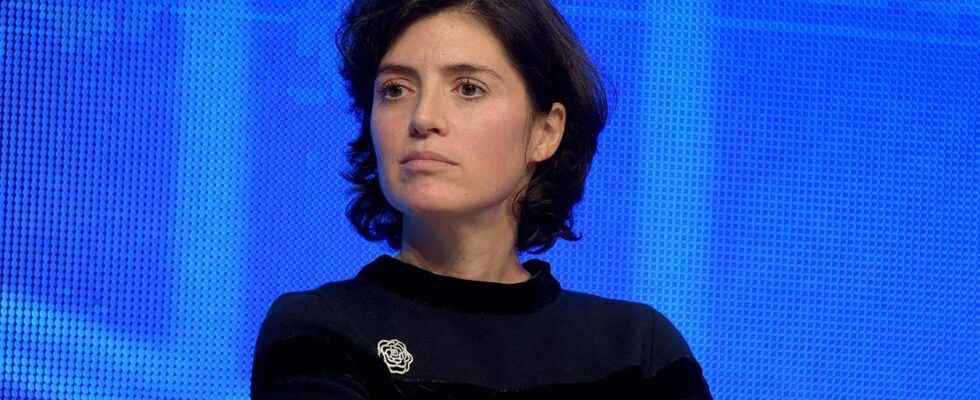Christel Heydemann will become Managing Director of the telecom operator Orange from April 4, 2022. An appointment desired by Bercy and the Elysée. She will thus replace Stéphane Richard. But only half: the position has indeed been split in two. And that of president remains to be filled.
The 40-year-old polytechnician is an engineer with a flawless career who worked for the equipment manufacturer Alcatel-Lucent and who ended up Vice-President Europe of Schneider Electric. She knows telecoms well, as well as the Orange group, of which she was a member of the board of directors.
Make the big difference between technologies
What can its arrival change for Orange subscribers? Stéphane Richard has been criticized for his management of the copper network and the emergency call crisis. The incumbent operator finds itself in a transitional situation. It must accompany the end of ADSL and RTC with its eyes turned towards the future, while maintaining copper lines abused by bad weather and theft. A real big gap that requires a lot of responsiveness and diplomacy. Because the dissatisfaction of subscribers and local elected officials is great in the countryside where incidents are frequent.
There is also the thorny issue of the quality of fiber optic connections which has become the workhorse of the president of Arcep Laure de La Raudière. Here again, the discontent of subscribers rises in the face of defective installations and the interventions of subcontractors not always up to standard. Despite everything, Orange retains a good head start on fiber vis-à-vis its competitors since it has just passed the bar of 6 million customers. This is what gives him more margin.
Should we risk raising prices?
Concerning the mobile, no problem in appearance, because Orange has the best portfolio of frequencies and is ahead of its competitors in terms of quality of service. But the investments made to launch 5G will be difficult to make profitable with prices for the general public which remain low and a new technology on which the French are not rushing for lack of new uses. Christel Heydemann could be tempted to raise prices. With the risk of seeing its subscriber base decline. Generally speaking, it will have relatively little room for maneuver in an extremely competitive market.
Also see video:
There is, moreover, a global trend towards market consolidation in telecoms which France has so far escaped. It could be that the question arises again, the day after the presidential election, to go from four big players to only three.
Only one thing is certain: it is not Orange that will be for sale. But will he be able to buy a rival? Not certain without risking the monopoly position. The specter of a rapprochement with its German counterpart Deutsche Telekom could also resurface. In any case, this would have repercussions on subscribers if the scope of Orange changes.
Diversification: stop or continue?
Finally, there is the issue of diversification. It is difficult for operators to compete in terms of hardware, software and even content with GAFAM. To avoid being reduced to a simple role of pipe, Stéphane Richard wanted Orange to become more than a telecom operator.
He positioned it as a multi-service operator with, for example, additional services such as Maison Connectée, Maison Protégée or, more ambitiously, Orange Bank. This last banking activity loses a lot of money. Should costs be stopped or, on the contrary, should this diversification be accelerated? It will be up to Christel Heydemann to decide.
